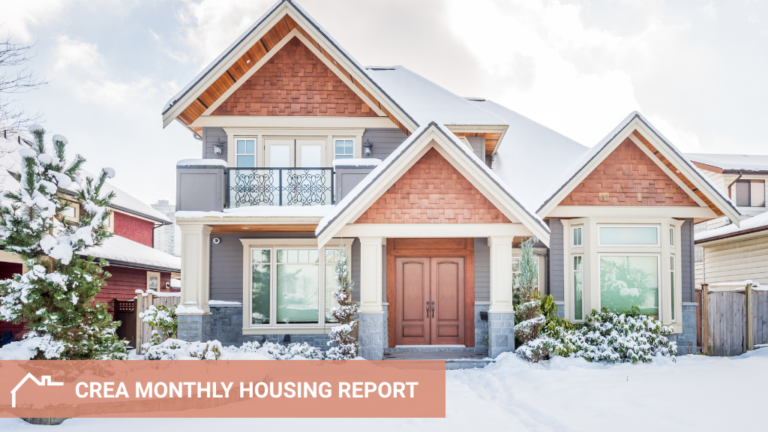
Investing in real estate can be a rewarding experience, and can result in both personal and financial growth. If you’re considering getting started, the following five tips will help you begin thinking strategically.
1. Assess Your Financial Situation
This is the number one tip – and for good reason! Real estate investing is all about your finances and getting them in order will help you qualify for the best loans at the lowest available rates. The first step is to save up for the down payment for your first investment property.
While you’re saving, do your best to pay down or consolidate any loans you already have. You’ll also want to look at your credit score and improve it, if possible. Exploring your financial situation is best done along with a mortgage specialist that you know and trust.
2. Explore Your Risk Tolerance
All investments carry risk. Generally speaking, the rate of return you get on a particular investment is directly related to the risk level of that investment. That is the principle behind the fact that Guaranteed Investment Certificates (GICs) generally have a lower rate of return than a Mutual Fund, for example. The GIC carries nearly no risk of financial loss, and therefore has a low return on investment.
Real estate investing follows this same principle. Often first-time investors fail to truly explore this fact. Real estate has been appreciating across most of the country for a number of years, and people tend to forget that the continuing of that trend is not guaranteed. With an open mind and open eyes, you want to explore the different types of real estate investment, as well as the different markets you can invest in, and develop a plan that matches your individual tolerance for risk.
3. Create a Real Estate Investing Plan
Now that you know your financial situation and your risk tolerance, you need to develop a clear investing plan – in writing. This plan should be the foundation for all your real estate buying and selling decisions.
Are you going to invest in multi-family properties (like a duplex, triplex or small apartment building) with the goal of obtaining a positive cash flow? Perhaps you want to buy houses, renovate them, and flip them for a profit… Wherever the answers lead you, your plan should include the criteria for how and when you buy and sell.
4. Build Relationships with Trusted Professional Advisors
Building relationships with the right people is an integral part of building a successful business. This means working with people you know and trust. If you’re going to be successful in the real estate investing business, you are going to want to build ongoing relationships with real estate agents, mortgage specialists, property managers, building contractors, etc.
By investing your time into relationships with people you trust, who are more knowledgeable than you in their respective fields, you can be confident that you are getting the best advice and learning about the best opportunities.
5. Start Small and Grow Big
Perhaps the biggest risk in real estate investing is overextending yourself financially. You should remain aware that things may not always go according to plan. Markets change, interest rates fluctuate, and vacancies happen. When you are setting out in the real estate investing world, begin small and build a solid foundation for your business as you learn the ropes. Over time, and by following your plan, you can grow your business in the safest way possible.






